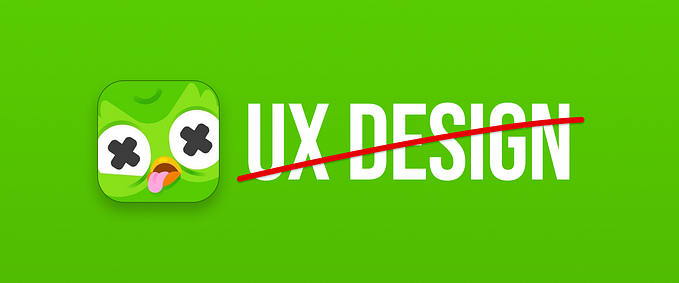Member-only story
Everybody lies; your users too
Why listening to users is less important than observing their actions.

In UX research, we constantly face obstacles that can easily skew the outcome of our work. One of the most challenging issues you can face is dishonesty of interviewed users. I often meet designers who strive to incorporate all feedback they collect in user interviews and surveys, even if it comes from one person. While gathering qualitative data is a decent method of learning more about users, many insights are often too logical to be valid in everyday life and true for every user. Why? Because what people say they do is not always in line with what they really do.
Logic in User Research
In one of my recent interviews, the respondent was shown a redesigned version of our website. Our main goal was to check if we’d missed any scenarios and if all the information customers saw across various pages would suffice their browsing needs. Here’s a sample quote from that interview:
- Imagine that as the next step, you land on this page. What do you think you’d do here next?
- I’d probably apply some filters to narrow down the results.
- And which filter would you apply first?
- I’d start with adjusting the price range.
In the given scenario, was the respondent’s answer logical? Absolutely. Is that what that user would really do in that situation? The correct answer is: we don’t know.
By including the short quote above as an example, I’m trying to illustrate that there is a striking difference between asking users what they would do and watching what they actually do. Just like Henry Ford, the founder of Ford Motor Company, once said:
“If I had asked people what they wanted, they would have said faster horses.” — Henry Ford
Although his words were more of an assumption about customer needs, this quote shows that Ford was skeptical about their input into his work.
Emotions VS. Logic
Many decisions we make daily are subconscious and driven by emotions rather than logic. For…







